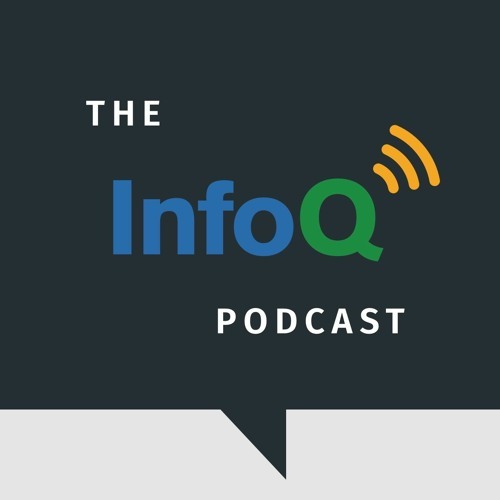Codetown
Codetown ::: a software developer's community
OrlandoJUG ::: Reactive Spring
Event Details
Time: July 25, 2019 from 6pm to 8pm
Location: Starter Studio
Street: 101 S Garland Room 108
City/Town: Orlando
Website or Map: http://starterstudio.org
Phone: 3212529322
Event Type: ojug, meetup
Organized By: Michael Levin
Latest Activity: Jul 16, 2019
Event Description
Join us for a Reactive Spring talk featuring Miguel Mendez.
Miguel Mendez is a software engineer from Orlando Florida. He currently works for FlexEngage as a Lead Developer.
With more than 20 years of experience in the business he is passionate about web technologies, user experience and distributed systems.
As a Domain Driven Design practitioner he believes in the importance of understanding the core domain in order to build useful software.
Reactive programming has been getting lots of attention lately, Projects like Reactive Extensions (Rx) library in the .NET, RxJS, RXJava, and lately Project Reactor have brought Reactive programming into the main scene. Reactive programming is basically programming with asynchronous data streams.
Spring 5 (first milestone June 2016) has reactive features built into it, including tools for building HTTP servers and clients.
We will see a very familiar programming model using annotations to decorate controller methods to handle HTTP requests, for the most part handing off the dispatching of reactive requests and back pressure concerns to the framework. We will also take a look at a more functional way of building web applications on Spring.
Notes
Welcome to Codetown!
 Codetown is a social network. It's got blogs, forums, groups, personal pages and more! You might think of Codetown as a funky camper van with lots of compartments for your stuff and a great multimedia system, too! Best of all, Codetown has room for all of your friends.
Codetown is a social network. It's got blogs, forums, groups, personal pages and more! You might think of Codetown as a funky camper van with lots of compartments for your stuff and a great multimedia system, too! Best of all, Codetown has room for all of your friends.
Created by Michael Levin Dec 18, 2008 at 6:56pm. Last updated by Michael Levin May 4, 2018.
Looking for Jobs or Staff?
Check out the Codetown Jobs group.
InfoQ Reading List
Cloudflare Debuts Markdown for Agents and Content Signals to Guide AI Crawlers

Cloudflare has introduced “Markdown for Agents,” a feature that lets AI crawlers request Markdown versions of web pages. The company pairs the feature with a proposed “Content Signals” mechanism that lets publishers declare whether their content may be used for AI training, search indexing or inference.
By Matt FosterPresentation: What I Wish I Knew When I Started with Green IT

Ludi Akue discusses how the tech sector’s rising emissions impact our global climate goals. Drawing from her experience as a CTO, she explains seven key lessons for implementing Green IT. She shares insights on LCA assessments, the paradox of microservices, and why FinOps doesn’t always equal green.
By Ludi AkueVue Router 5: File-Based Routing Into Core with No Breaking Changes

Vue Router 5.0 has integrated unplugin-vue-router into its core, enhancing file-based routing and TypeScript support. This transition release boasts no breaking changes, simplifies dependencies, and introduces experimental features like data loaders and improved editor tooling. Ideal for Vue.js developers, it positions itself as a bridge to the upcoming ESM-only version 6.
By Daniel CurtisPodcast: [Video Podcast] AI Autonomy Is Redefining Architecture: Boundaries Now Matter Most

This conversation explores why generative AI is not just another automation layer but a shift into autonomy. The key idea is that we cannot retrofit AI into old procedural workflows and expect it to behave. Once autonomy is introduced, systems will drift, show emergent behaviour, and act in ways we did not explicitly script.
By Jesper LowgrenGoogle Launches Automated Review Feature in Gemini CLI Conductor

Google has enhanced its Gemini CLI extension, Conductor, by adding support for automated reviews. The company says this update allows Conductor "to go beyond just planning and execution into validation", enabling it to check AI-generated code for quality and adherence to guidelines, strengthening confidence, safety, and control in AI-assisted development workflows.
By Sergio De Simone
© 2026 Created by Michael Levin.
Powered by
![]()
RSVP for OrlandoJUG ::: Reactive Spring to add comments!
Join Codetown